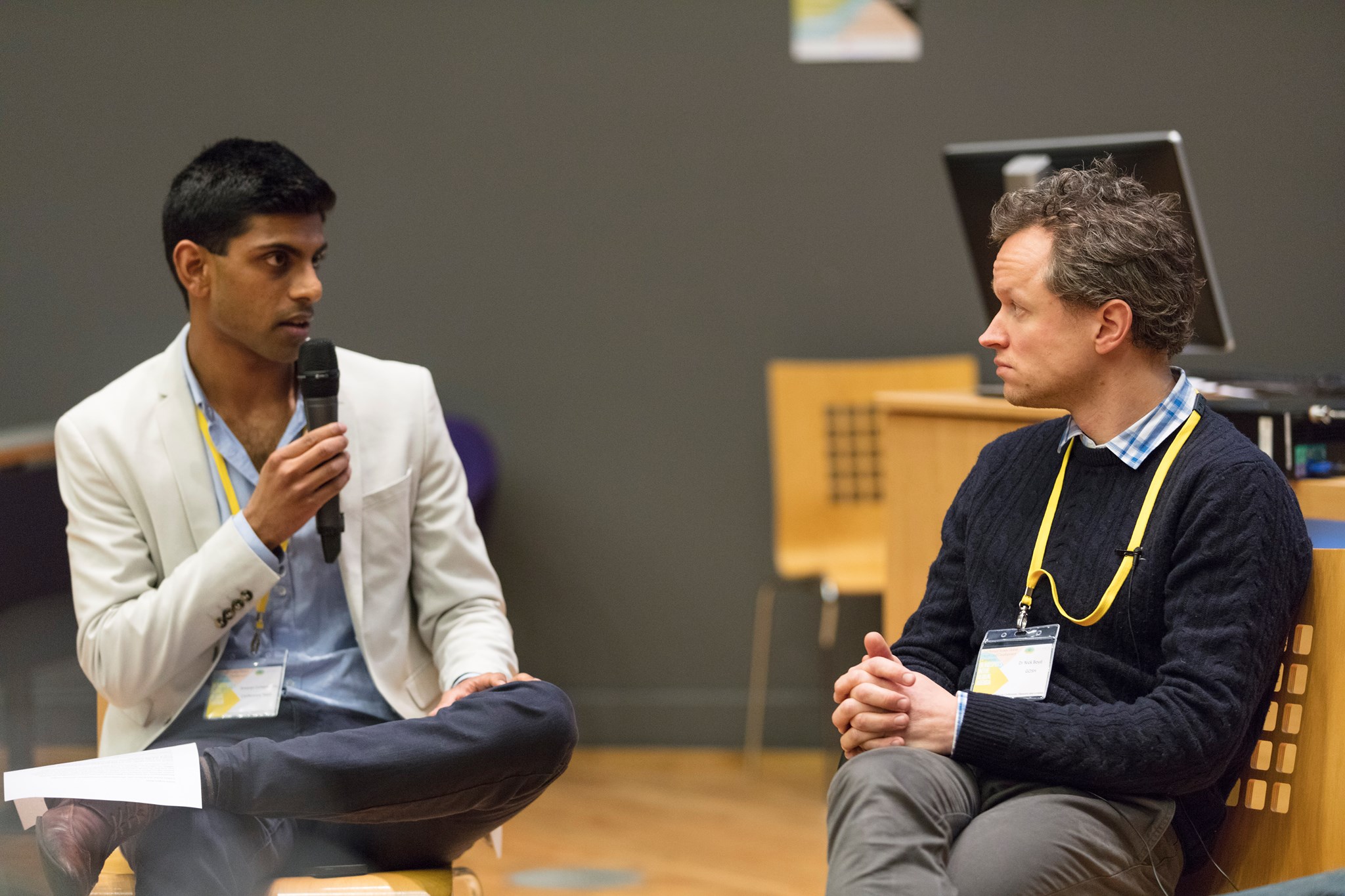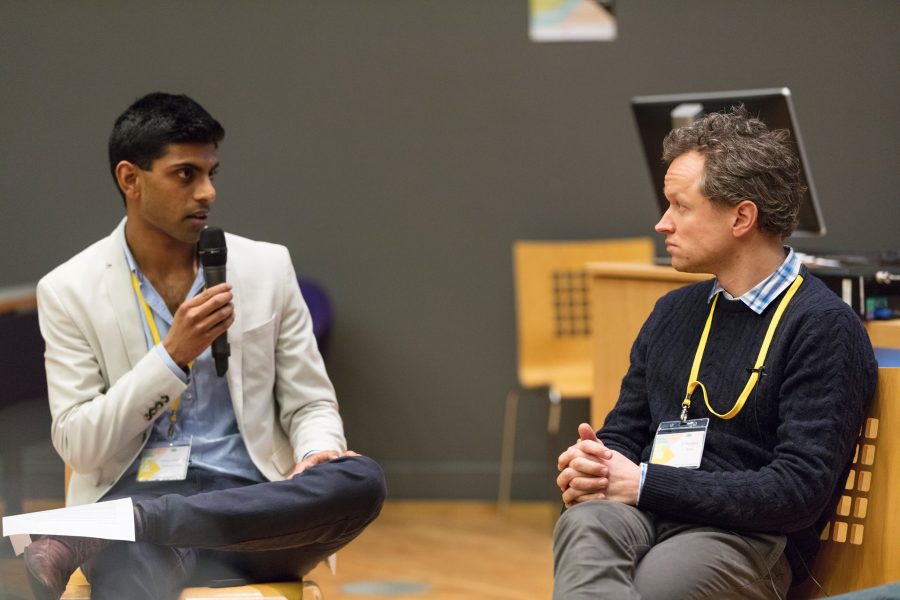
The Checklist Effect – Corbis Review
The provision of surgery has been an essential component of comprehensive healthcare delivery worldwide for over a century. Nevertheless, 5 billion people worldwide are still affected by lack of access to safe surgical care. The issue remains a global health challenge that many practitioners and policy makers fail to acknowledge and act upon.
Taking the audience on a global journey from clinics in Mexico to the busy operating theatres of the UK’s tertiary healthcare centres, ‘The Checklist Effect,’ an award-winning documentary from Collaborate: ideas & images, succinctly and informatively unpacks the major global barriers to, and challenges of, safer surgery and anaesthesia.
Inspired by bestselling book ‘The Checklist Manifesto’ by Atul Gawande, the film opens up discussion of how increased life-expectancy, among other factors, has led to an urgent rise in the need for surgery, provoking a deadly safety crisis. It also shows that a seemingly simple 19-point checklist, developed by the World Health Organization, can make the difference between life and death for so many around the world.
With a gripping and unabridged narrative, the candid and thought-provoking piece encompasses a wide variety of perspectives in an astonishingly compact forty minutes – available in multiple languages.
Traversing the surgical architecture of seven countries, director Lauren Anders Brown straddles both the macro and micro. The film balances valuable insights into the unmet need for surgery on a continental scale, with deeply personal narratives of the often under-appreciated transformative power of contemporary surgical practice. Woven into the very essence of the film, is a palpable sense that when going under knife, the inherent risks a patient may face vary considerably depending on the location of the operating table on which they lay. Interviews set in the belly of health centres scrutinise the cultures within surgical teams, highlighting how improved communication and flattened professional hierarchies can improve patient care.
The film’s success is attributable to the work of Lifebox, its incredible champions and partners around the world, and its producer, Sarah Kessler. Launched in 2011 by four of the world’s leading medical organisations, Lifebox is the only NGO devoted to providing education and resources to deliver safer surgery and anaesthesia in low-resource settings.
The film has the confidence to engage with difficult issues from the very first scene, in a display of assertiveness not often seen in documentaries that shed light on global health matters. Among the oranges and reds of the Ugandan soil and aseptic blues and greens of its surgical theatres, the film’s strength lies in its pacing and editing. It synthesises and showcases the diverse and unique challenges faced within particular surgical environments; calling on the global health and international development community to realise both the pitfalls and opportunities at hand.
The need to raise awareness of the inequalities within the provision of global surgery is as important as ever. Narratives such as ‘The Checklist Effect’ can serve as powerful visual aids, lifting the shadows surrounding this paramount health issue. This piece is an indispensable weapon in the arsenal of any global health advocate’s library, reminding us of the power of reframing the conversation around global health equity.


